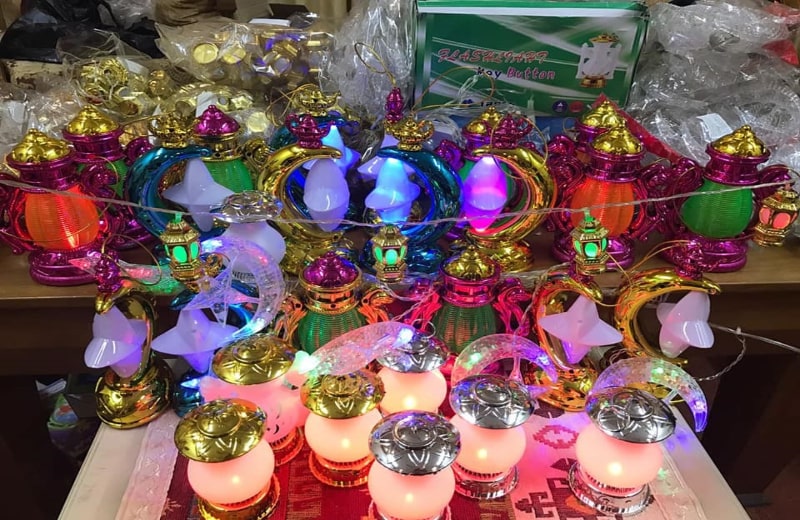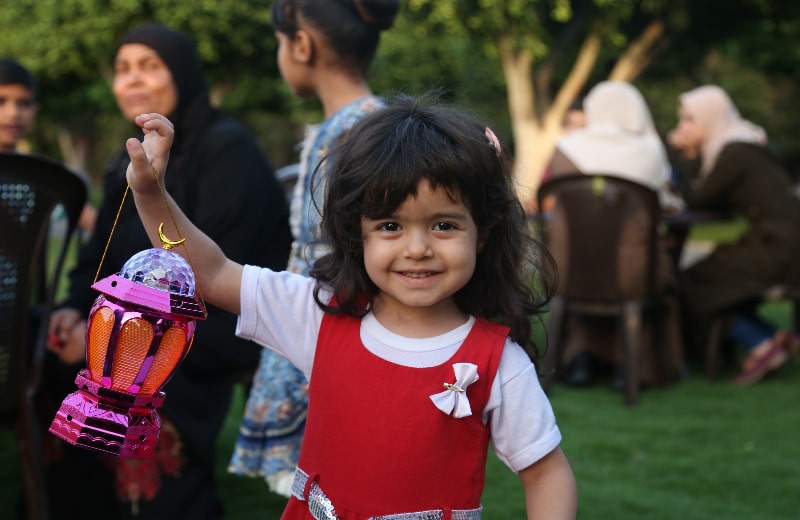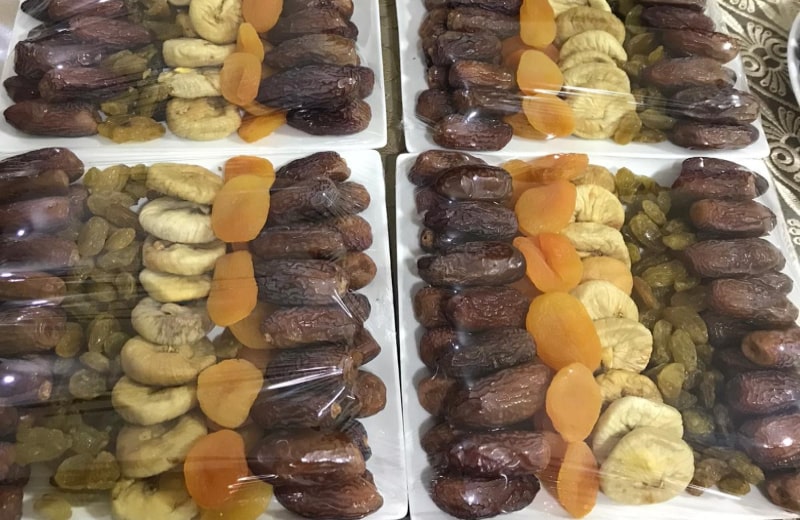I have always witnessed the solidarity of the Gazan people on every possible occasion.
People are so supportive of each other. The social fabric provides support to all members of the community.
In the different neighbourhoods, people gather to visit the houses of vulnerable families. Mostly, they take packages of dates, dried fruits, canned products and other things.
Furthermore, male members of the family go to visit their married sisters, aunts and other female relatives. Usually, during these visits, the men take gifts of dates and Ramadan food items.
Some men gift their female relatives cash.
My father, my brother and I used to visit my sister as Ramadan begins, but due to Covid-19, it’s become harder to meet and gather in one place. We keep in touch through social media and telephone, but we miss the usual Ramadan traditions very much.
In recent years, lots of youth started forming charity groups that work to help people in need. They organise voluntary days to visit elderly people, orphanages and hospitals treating children with cancer.
These groups try to send a message to vulnerable people in society to let them know that they’re not alone and so they know that everybody is supporting them. They run recreational activities with music, Dabkka (Palestinian traditional dance) and fun activities.
I always see their photos on social media. I hope I can join them one day. However, sister Bodour from Islamic Relief is one of the most active people doing charitable activities – she supports children with renal failure and elderly people. She is always there for them.
She told me: “I can’t feel the joy of Ramadan without helping. These children are suffering greatly. We give them some balloons and toys and their joys is beyond description.”
Ramadan markets


